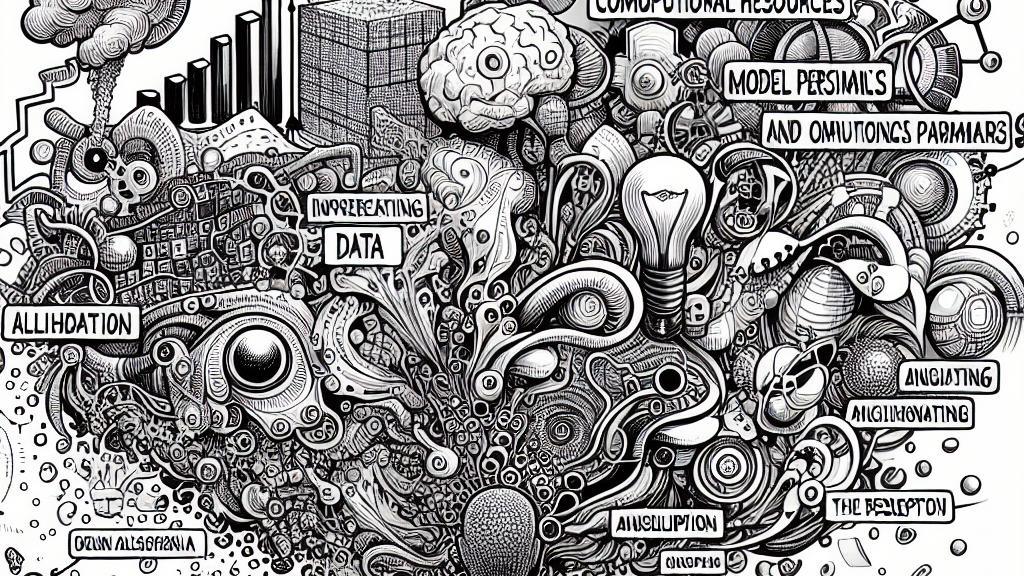Challenges Facing AI Scaling Laws and Performance Expectations
Overview
- The once-promising era of unlimited AI scaling laws is rapidly approaching its limits.
- Simply increasing the amount of data and extending training time doesn't guarantee better AI performance.
- Companies are adapting their strategies, discovering new pathways to navigate the complexities of AI development.

The Emergence and Evolution of AI Scaling Laws
In the tech landscape of recent years, AI scaling laws emerged as a promising framework, primarily introduced by OpenAI. These laws suggested that an increase in training data, computational resources, and model parameters would inevitably yield better performance outcomes. For many companies, this paradigm has become a foundational principle, shaping development strategies across the globe. Yet, as Gary Marcus, a respected authority in AI, articulates, this once-reliable doctrine is losing its credibility. He compellingly argues that scaling laws' foundational assumptions are faltering, a realization that is sparking a dramatic shift in perspective throughout the industry, particularly in the U.S. but also resonating internationally as well.
Rethinking Performance Metrics in AI Development
Diving deeper, Marcus categorizes these scaling laws into three distinct types, each exhibiting signs of diminishing returns. He emphasizes that merely extending training durations or computational efforts does not equate to significant enhancements in AI performance. A notable example is OpenAI's 'OpenAI o1'—designed specifically for extended inference. It only marginally outperformed its predecessor, GPT-4o, in a mere 54 out of 57 tests. This striking evidence underscores the complexity of performance expectations. Companies must recognize that the relationship between investment and performance is not as straightforward as once thought. Therefore, a critical reassessment of operational strategies is essential to yield sustainable advancements in AI innovation that transcend simplistic scaling assumptions.
Navigating New Complexities in AI Innovation
Despite the skepticism surrounding scaling laws, companies are unwavering in their pursuit of AI excellence, and many continue to boost investments in revolutionary technologies. For instance, Meta has deployed an astonishing 100,000 NVIDIA H100 chips, aiming for transformative improvements in AI capabilities. Similarly, Elon Musk's xAI operates sprawling infrastructures that harness cutting-edge AI technologies. However, this aggressive scaling brings forth a myriad of operational challenges, such as effective cooling solutions for densely packed data centers and advanced failure management within extensive chip networks. This reality serves as a crucial reminder: although the evolution of AI stands to be rapid and groundbreaking, a grounded understanding of the limitations tied to scaling laws is paramount. Emphasizing sustainable innovation must remain at the forefront as companies navigate this complex but exhilarating landscape.

Loading...